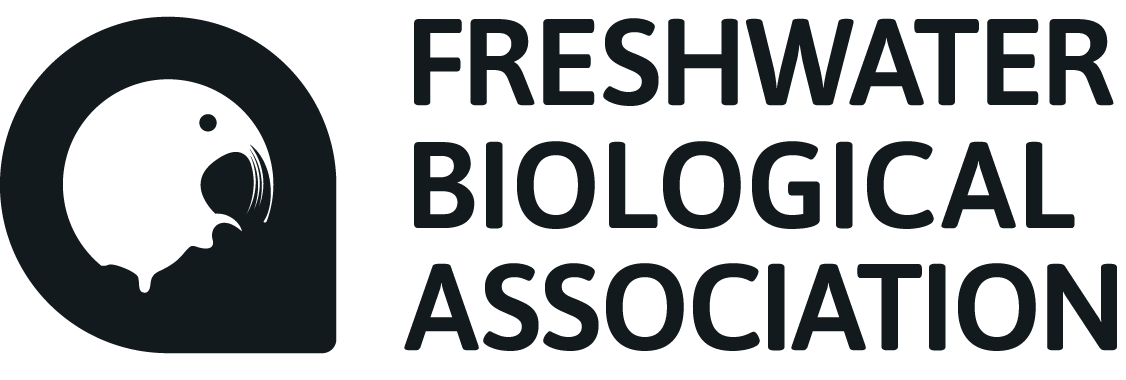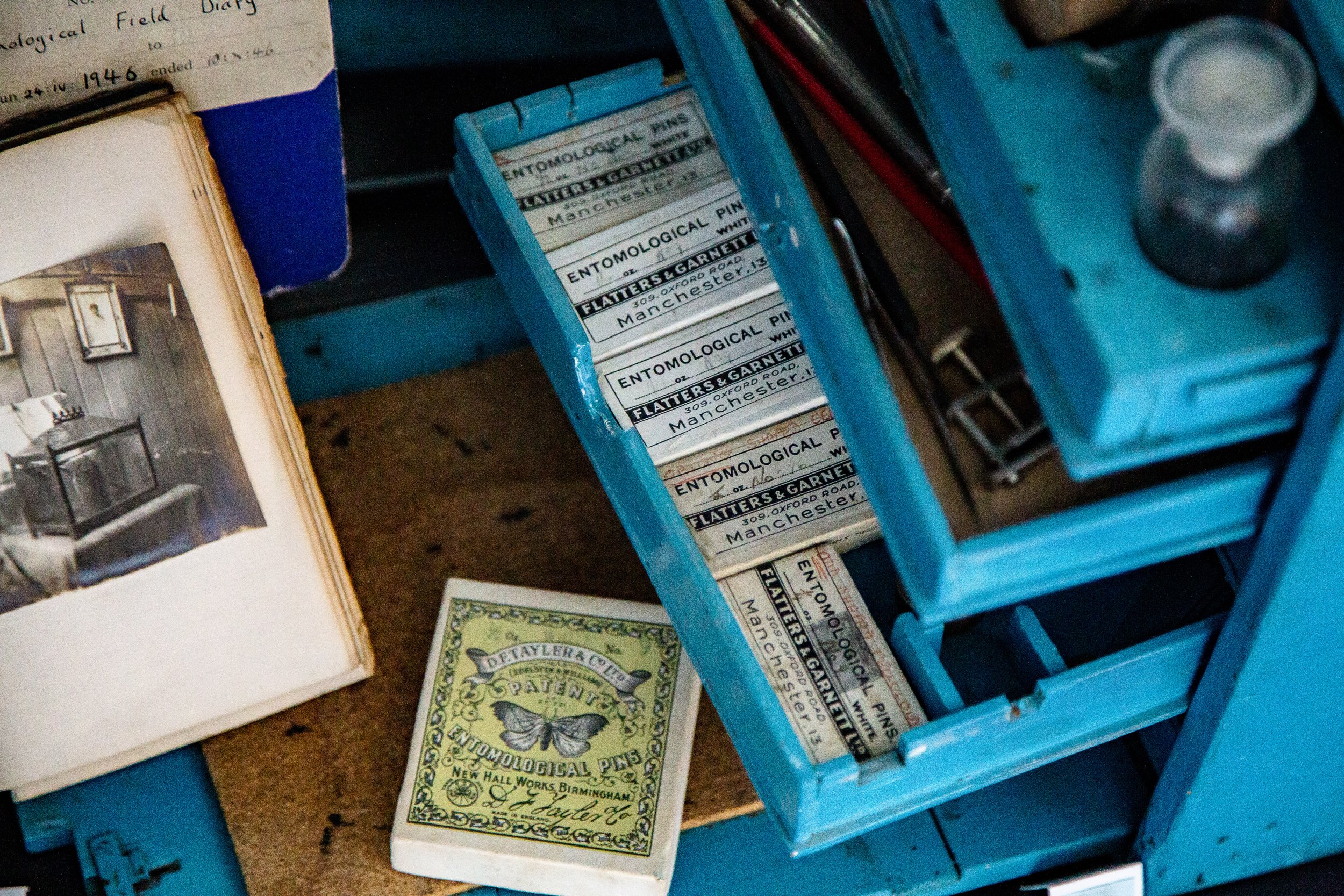
FBA Data, Collections and Archives
FBA is responsible for the stewardship of internationally important collections of preserved specimens, which include insects, plants and 'wet samples' of water, phytoplankton, zooplankton, and algae.
We also look after more than 60 historical datasets, from many parts of the UK and across the world, in which data collection continued over at least three years. There are also numerous snapshot surveys, such as those from historic African expeditions.
In order to understand environmental changes and their impacts upon living organisms and ecological systems, we depend upon the availability of good data. Particularly valuable are historic datasets that present a reliable snapshot of a period in time, and those that cover long periods.
Long-term datasets allow changes to be identified and tracked over time. The FBA is a custodian of long-term datasets which are internationally important. These include some ongoing series of data, notably the Windermere surface temperature and lake level data collected since 1931, and those held jointly with UKCEH, covering zooplankton, phytoplankton, fish and water chemistry from Windermere, Grasmere, Esthwaite Water and Blelham Tarn, collected in some cases since the 1940s.
You can see many of our digitised collections online, on the Agricultural and Environmental Data Archive (AEDA)
Over our almost 100 year history, FBA has acquired from its own activity and from other organisations and individuals (and apart from digital material) almost 1500 boxes of archival material, much of it unique and some of national significance.
The FBA Unpublished Collection
The FBA’s Unpublished Collection and its domestic archive are now housed at our Windermere HQ. This contains 375 box files (plus another 40+ archive boxes of old director’s correspondence) of domestic archive and approximately 380 items of the Unpublished Collection. Work is in progress to transfer some of this to the Natural History Museum to join upwards of 650 items of the Unpublished Collection that have already been transported to, and will eventually be acquisitioned by, the museum.
Our Unpublished Collection contains specimens, samples, notebooks, correspondence, records data, photographs, artwork, correspondence, maps etc, related to freshwater science, staff of the Association and research worldwide. A major part or the collections were:
Specimen material, mostly invertebrates, used in the development of world-class taxonomic keys that are the subjects of many of the FBA’s Scientific Publications.
Fish, phytoplankton and zooplankton samples of its unique long-term sampling programmes in Windermere, Blelham, ‘The Lakes Tours’, Rivers Frome and Piddle in Dorest, and other sites in Cumbria and elsewhere.
Over our almost 100 year history, FBA has acquired from its own activity and from other organisations and individuals (and apart from digital material) almost 1500 boxes of archival material, much of it unique and some of national significance. This material dates to the early 1930s when FBA was formed. Although much research has been published, the collections retain the potential for future examination as part of research into climate change, biodiversity, genetics, management of catchments etc.

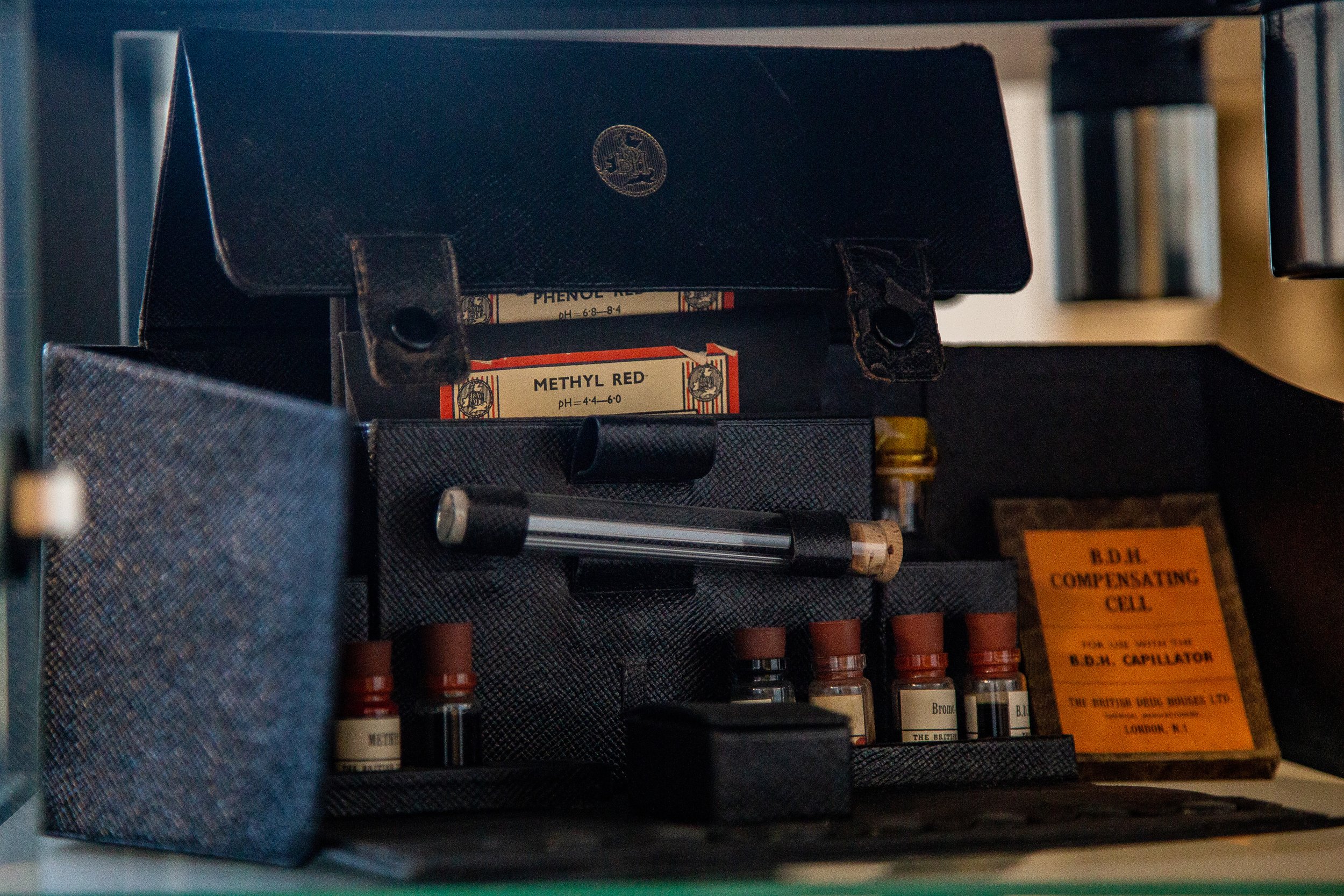
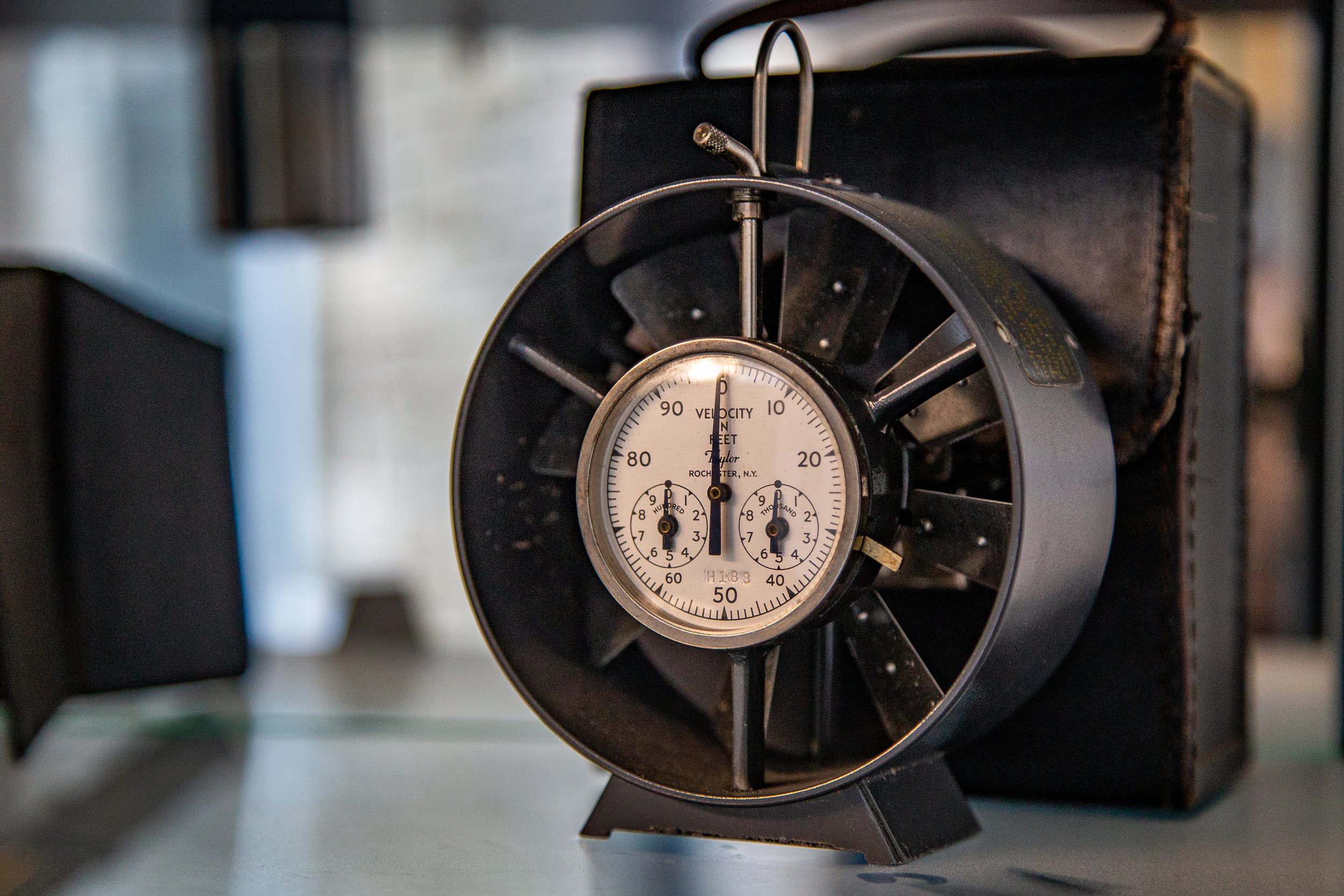
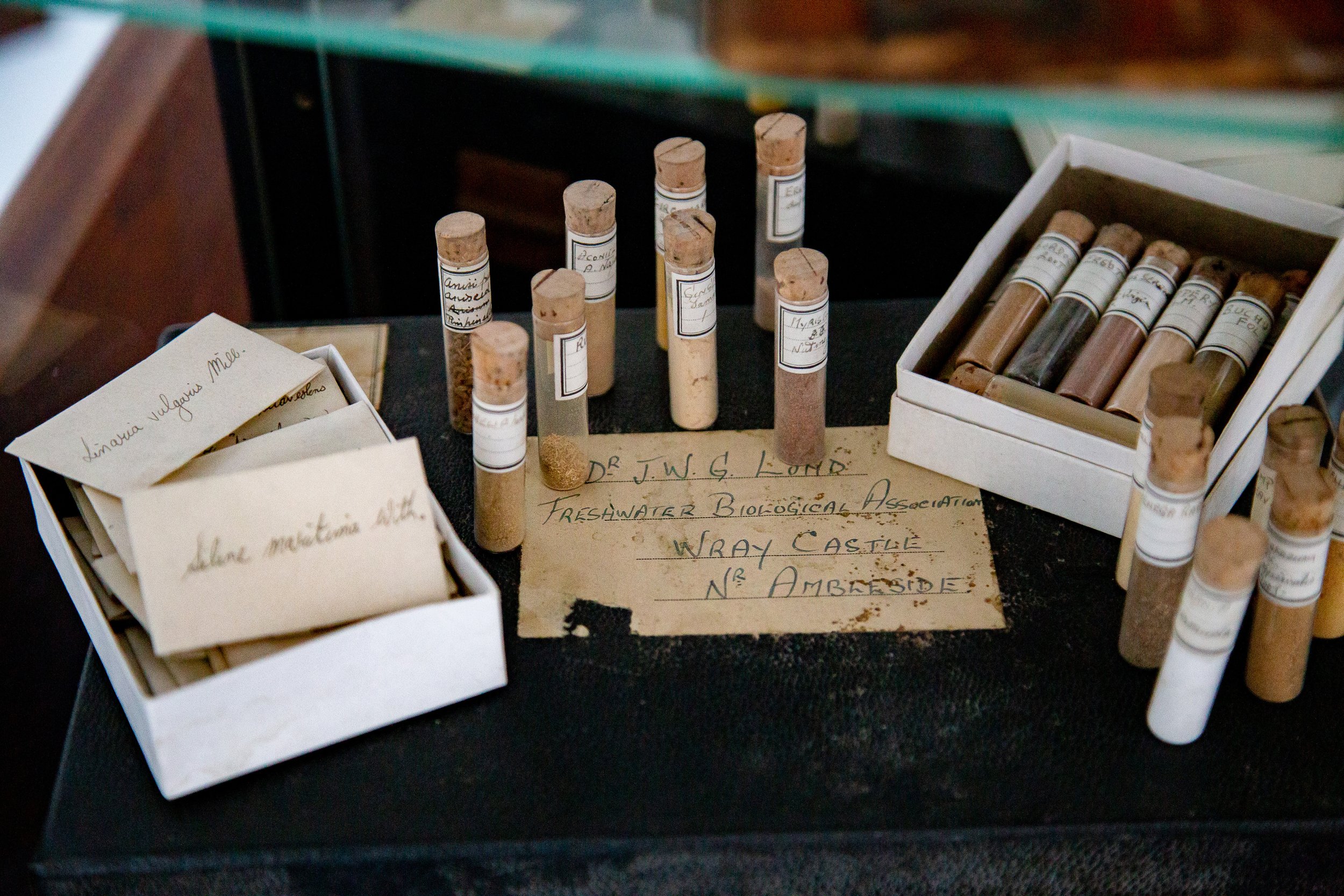
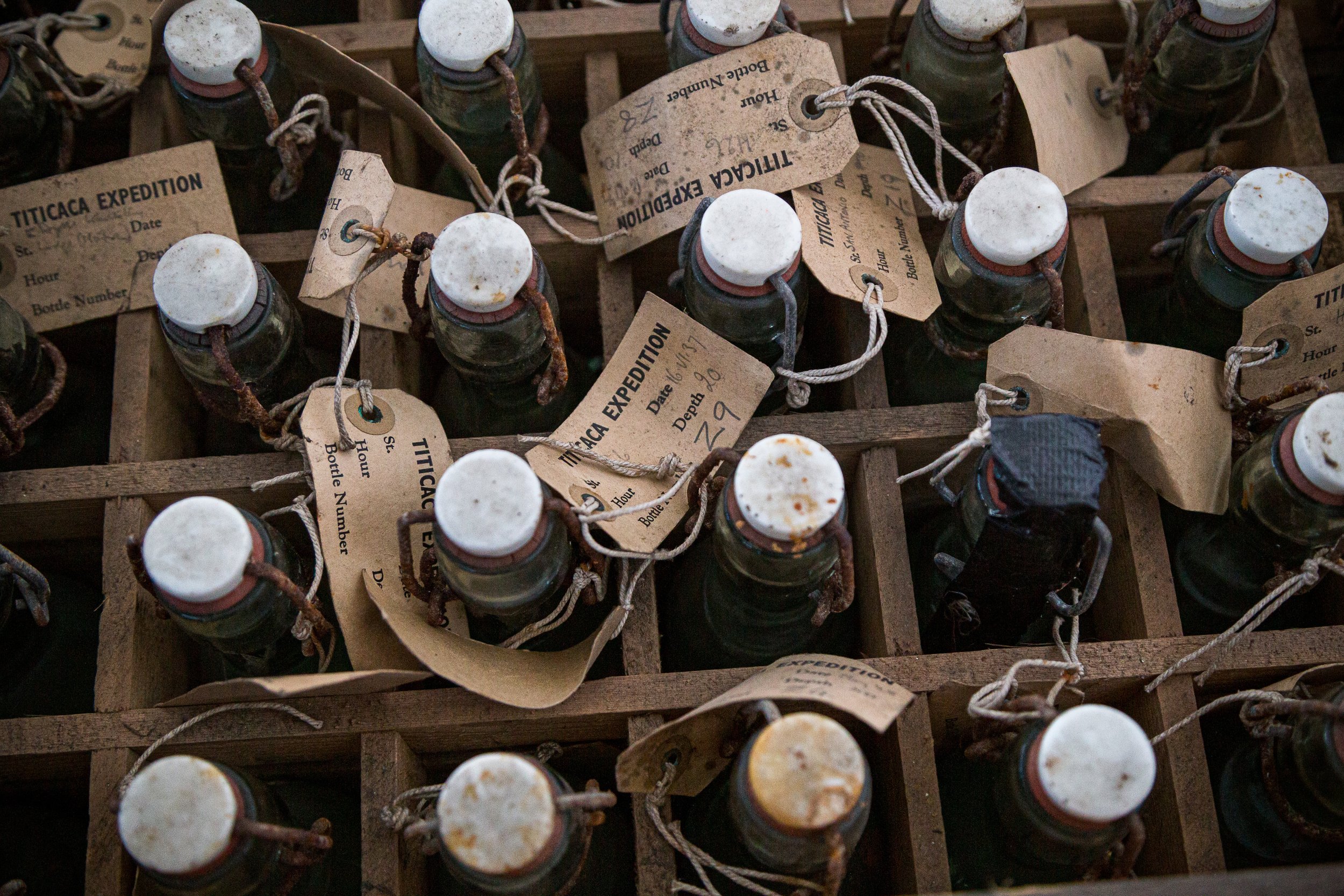
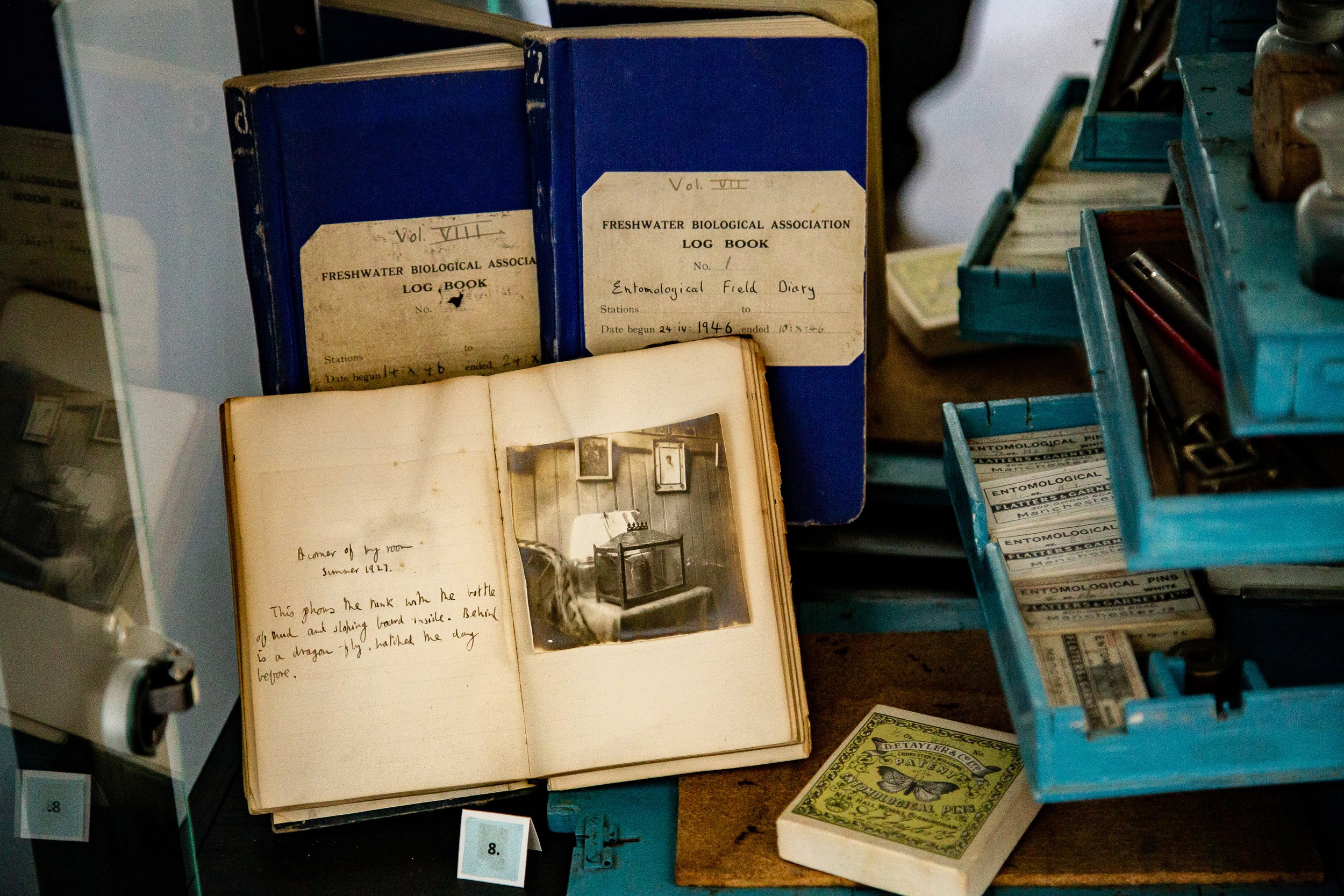
Of the material staying at the FBA, the majority is key to telling the history of the FBA, its scientists and their work through the years. This includes papers, correspondence and precious personal memorabilia from prominent scientists such as J.W.G. Lund, W. Tutin, H.P. Moon and J.F. Talling.
Future Stewardship
When the FBA moved premises in 2021, the library books, grey literature and online catalogue were transferred to the Royal Botanic Gardens Edinburgh, the Fritsch Collection and most of the samples and specimens and related material were transferred to the Natural History Museum, London.
Of the material staying at the FBA, the majority is key to telling the history of the FBA, its scientists and their work through the years. This includes papers, correspondence and precious personal memorabilia from prominent scientists such as J.W.G. Lund, W. Tutin, H.P. Moon and J.F. Talling. Most of the data that remains at the FBA is local long-term environmental data records and may be useful in future science.
The material that has been transferred to the Natural History Museum largely is comprised of samples, field data, and their respective metadata / notebooks. As a result, the majority of the collections of T.T. Macan, W.E. Frost, T. Gledhill, H. Canter-Lund and others are now going to be acquisitioned by the Natural History Museum so that they can be used in current research and be well curated. This is important for the sake of the real gems of the Unpublished Collection, such as five cases of pinned invertebrates from Macan’s collection, and the West collection of algal samples from Windermere and other lakes, collected at the turn of the 20th century.
Throughout the recent work with the Unpublished Collection, efforts have been made to keep the Unpublished Collection database up-to-date and complete. This means that the database is the most reliable and comprehensive resource currently accessible to be used to navigate the UC material. Included in this is the location of each box, which will allow you to know whether it is currently housed at Hedley or at the Natural History Museum, and their content details (some entries and details are missing due to technical difficulties). There is currently no database available for the FBA’s domestic archive.
The FBA retains and is reviewing its Domestic Archive (relating to the history of the Association) and the remainder of its Unpublished Collection.
Access and future use
We are working with the Natural History Museum and other partners to develop projects to make our collections and archives more widely available through digitisation. In the run up to our centenary in 2029 we plan to use our unpublished collection and archives to share the story of the Association.
All enquiries about our collections (including donating material) and archives should be directed through the contact section of the website.
